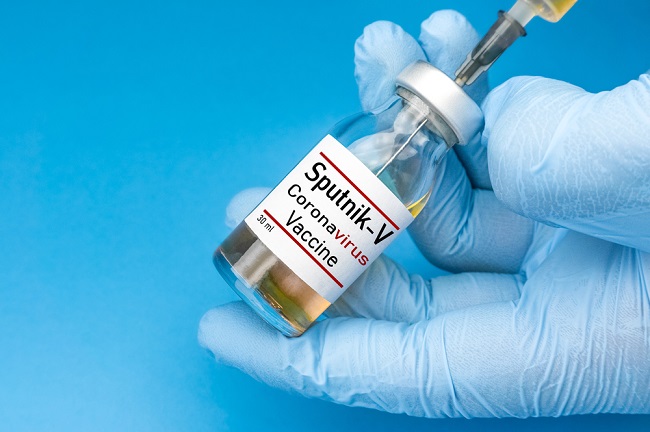Polypeptide antibiotics are a group of drugs used to treat diseases caused by bacterial infections, such as skin infections, eye infections, or ear infections. This drug is available in the form of tablets, creams, ointments, eye drops, ear drops, and should only be used as prescribed by a doctor.
Effective polypeptide antibiotics to treat bacterial infections Staphylococcus aureus, Pseudomonas aeruginosa, or Acinetobacter sp. Polypeptide antibiotics work by inhibiting the formation of bacterial cell walls and damaging the outer layer of bacterial cells. That way, the growth of bacteria will stop and eventually die.
Precautions Before Using Polypeptide Antibiotics
Polypeptide antibiotics should only be used as prescribed by a doctor. There are several things to consider before using this drug, including:
- Tell your doctor about any allergies you have. Polypeptide antibiotics should not be used by patients who are allergic to any of the drugs in this class of drugs.
- Tell your doctor if you have or have had kidney disease, porphyria, or myasthenia gravis.
- For topical dosage forms of polypeptide antibiotics, namely topical or ear drops, consult your doctor about their use if you have a deep stab wound, bite wound, serious burn, or ruptured eardrum.
- Talk to your doctor if you plan to get vaccinated with a live vaccine, such as the BCG vaccine, while being treated with polypeptide antibiotics, as these drugs can decrease the effectiveness of the vaccine.
- Tell your doctor if you are pregnant, breastfeeding, or planning a pregnancy.
- Tell your doctor that you are being treated with polypeptide antibiotics if you plan to have surgery or medical procedures.
- Tell your doctor if you are taking certain medications, supplements, or herbal products.
- See your doctor right away if you have an allergic reaction to a drug or an overdose after using polypeptide antibiotics.
Side Effects and Dangers of Polypeptide Antibiotics
The side effects that can occur after the use of polypeptide antibiotics depend on the type. In general, some of the side effects that can appear are as follows:
- Kidney disorders that can be characterized by symptoms such as infrequent urination or very small amounts of urine
- Nerve disorders that can be characterized by balance disorders, tingling, numbness, or blurred vision
- Nausea, vomiting, or diarrhea
- Sudden deafness or vertigo
Immediately see a doctor if the side effects mentioned above do not subside or get worse. You should also go to the doctor immediately if you have an allergic reaction to the drug which can be characterized by certain symptoms, such as an itchy rash, swelling of the eyelids and lips, or difficulty breathing.
Types, Trademarks and Dosage of Polypeptide Antibiotics
The following are the types of drugs that are included in the polypeptide antibiotic drug class, along with their trademarks and dosages:
1. Bacitracin
Trademarks: Bacitracin – Polymyxin B, Enbatic, Liposin, NB Topical Ointment, Nebacetin, Scanderma Plus, Tigalin
Bacitracin is available in the form of cream, ointment, powder. To find out the dosage and more information about this drug, please visit the bacitracin drug page.
2. Colistin
Trademark: Colistine actavis
Colistin is available in tablet form. To find out the dosage and more information about this drug, please visit the colistin drug page.
3. Polymyxin B
Trademarks: Alletrol Compositum, Bacitracin–Polymyxin B, Conjuncto, Cendo Polynef, Cendo Xitrol, Corthon, Inmatrol, Enbatic Plus, Isotic Neolyson, Liposin, Maxitrol, Nelymix, Nelicort, Otilon, Otolin, Polyfrisin, Spectron, Tigalin, Ximex Optixitrol
Polymyxin B is available in the form of eye drops, eye ointment, ear drops, and ointment. To find out the dosage and more information about this drug, please visit the polymyxin B drug page.









